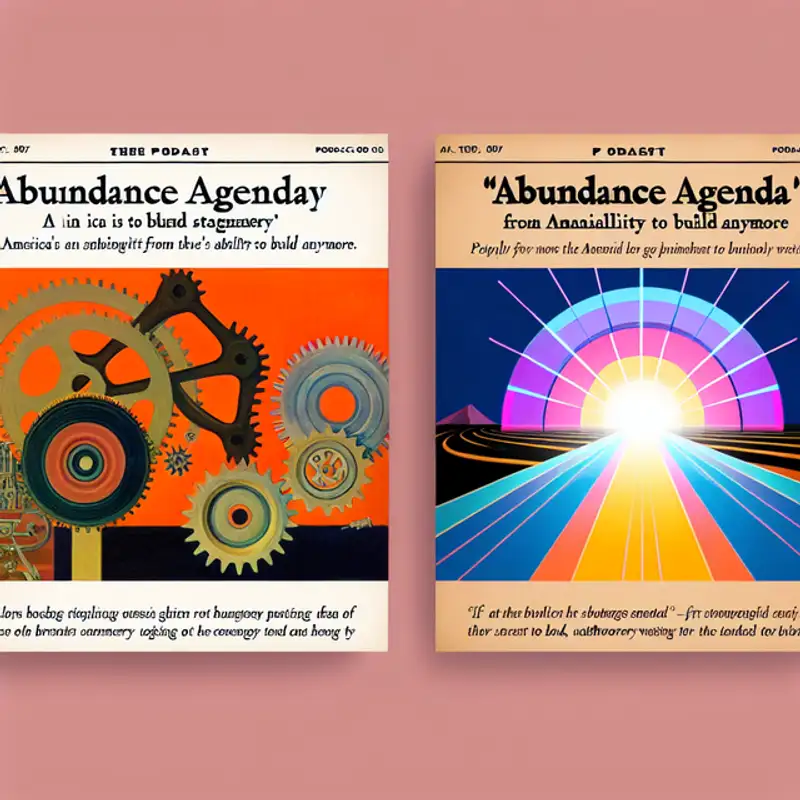 Episode
Episode
· 02:53
In this thought-provoking episode of Prof G Conversations, Scott Galloway sits down with two powerhouses of modern media—Ezra Klein of The New York Times and Derek Thompson of The Atlantic—to tackle one of the most urgent questions in today’s American landscape: Why can’t we build anymore? Together, they explore the idea that America’s biggest crises—housing shortages, energy grid limitations, healthcare gaps, and even pandemic disruption—could be resolved by embracing an “abundance agenda.” This means tearing down regulatory bottlenecks, embracing technological innovation, and most of all, thinking and building at scale again. It’s a conversation that blends history, economics, and future-forward thinking with surprising clarity. As Klein puts it: “There is no substitute for more.” If you’ve ever wondered why rent is so high, why new infrastructure seems impossible, or why America struggles to dream big anymore—this conversation is your wake-up call.
Key Points:
The central premise: America’s key economic issues stem not from scarcity of ideas or funds, but from a failure to build—a notion Klein and Thompson refer to as “abundance versus scarcity mindset.”
Housing as a case study: A shortage of zoning reform and the rise of “NIMBYism” (Not In My Backyard attitudes) have led to unaffordable rents and housing shortages, especially in urban tech hubs.
Policies that restrict supply—such as outdated building codes and entrenched interest groups—are stifling energy, healthcare, education, and infrastructure advancements.
“We’ve become a country where doing things has become vastly harder than stopping things,” Thompson states—highlighting how regulation and bureaucracy now default to “no.”
The solution, according to Klein and Thompson, is an “abundance agenda”: dramatically increase supply in crucial sectors by accelerating innovation and simplifying the path to building.
Innovation isn’t enough on its own: technologies like solar energy and mRNA vaccines are ready, but they often stagnate due to lack of manufacturing infrastructure or regulatory approval, not technical limitations.
Policy recommendations include: zoning law overhauls to increase housing supply, faster regulatory approval processes, broader access to STEM immigration, and modernization of America's electric grid.
They cite high-performing models like Houston’s zoning-lite system for housing affordability and Operation Warp Speed for speed-focused innovation during COVID.
Recommended thinkers and reading: Matt Yglesias's “One Billion Americans” and Vaclav Smil’s energy development work are discussed as influential to their thinking.
Economic and moral framing: abundance isn’t just about growth—it’s about justice. When supply is limited, the well-off crowd out everyone else, worsening inequality.
This episode builds a compelling case that America’s future depends on its ability to unlock its own potential—not just ideologically, but practically. As Thompson quips, “The bottleneck is not imagination—it’s implementation.” If you’re in the mood for smart optimism grounded in policy realism, this one’s a must-listen.
Link to Article
Listen to jawbreaker.io using one of many popular podcasting apps or directories.